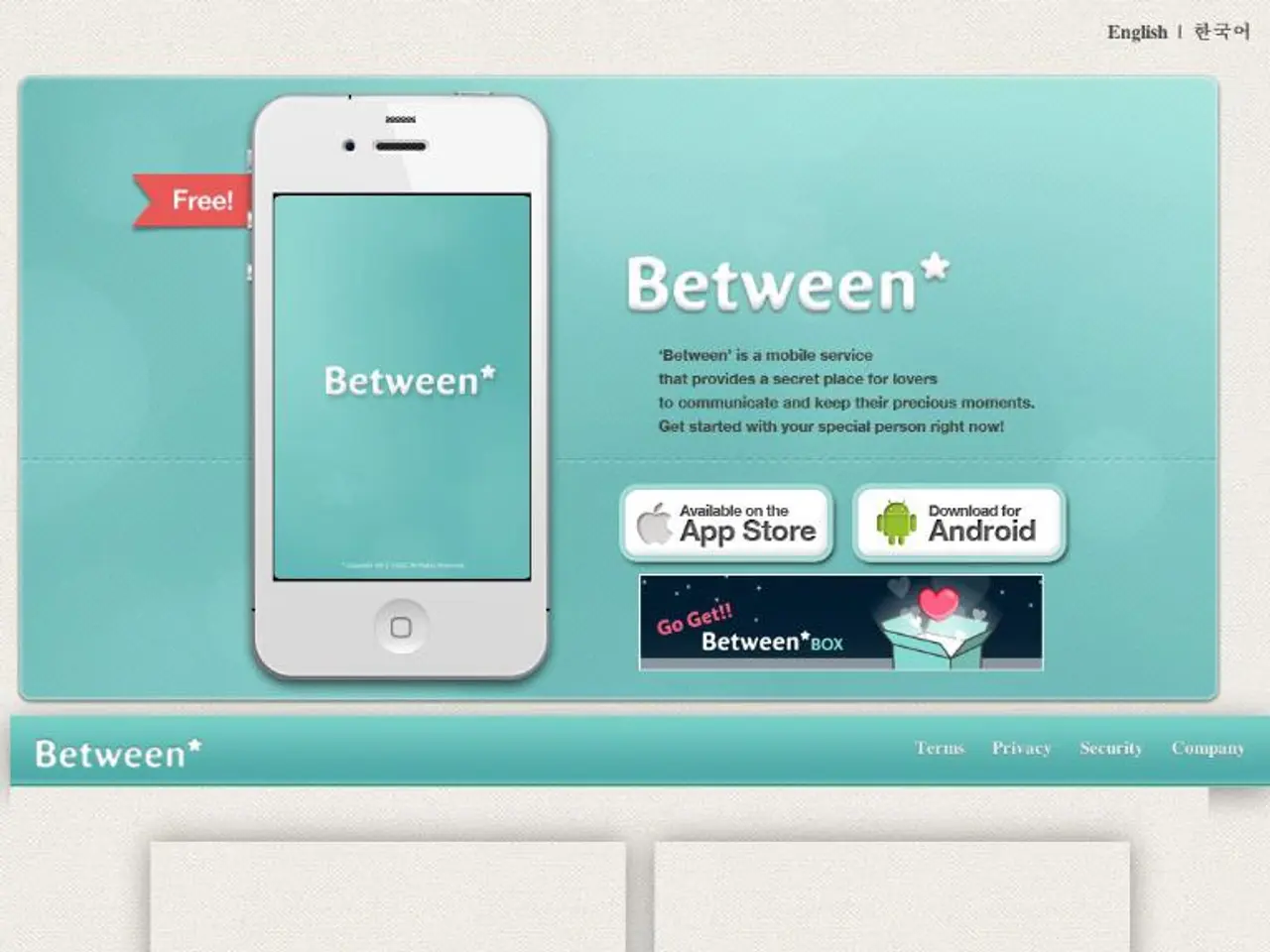Securing confidential means to authenticate your age.
The UK's Online Safety Act, enacted on July 25, mandates age verification for accessing adult content. The Act emphasises that age verification methods must be "technically accurate, robust, reliable, and fair." However, the Act's implementation has sparked debates, particularly concerning privacy and the use of Virtual Private Networks (VPNs) to bypass age checks.
In an effort to maintain user privacy, the least invasive age verification methods under the Online Safety Act utilise secure, privacy-respecting technologies. These include facial age estimation, mobile provider checks, and credit card verification. These methods confirm age without storing or revealing personal data, thereby minimising privacy concerns. For instance, facial estimation tools analyse an image to confirm a user is over 18 without saving the image or identifying the user.
On the other hand, using a VPN to circumvent age verification is legally allowed in the UK but is a focus of the Online Safety Act's enforcement efforts. Platforms are expected to block content that promotes VPN use for circumvention, and failure to do so can result in significant fines. However, the use of VPNs to bypass age checks has become increasingly popular, with some viewing it as an act of justified civil disobedience.
Here's a comparison of the two methods:
| Aspect | Least Invasive Age Verification Methods | Using VPN to Circumvent Age Checks | |--------------------------------|-------------------------------------------|----------------------------------------------------| | Privacy Impact | Minimal; no personal data stored or shared| VPN use can obscure identity but is targeted for blocking| | User Convenience | One-time or simple checks (e.g., facial estimation or credit card verification)| Requires VPN setup and use of third-party service | | Legal and Platform Risks | Fully compliant with Online Safety Act and data laws| Risk of enforcement action if platforms promote VPN workarounds| | Effectiveness | Verified by platforms securely and proportionally| VPN can bypass age checks but is increasingly blocked|
The UK Online Safety Act encourages the use of secure, privacy-conscious verification methods while actively discouraging circumvention via VPN. This approach aims to protect children from harmful content without compromising privacy.
However, concerns remain about the storage and sharing of information provided for age verification, potentially linking online browsing habits with ID or likeness. Additionally, methods like open banking and credit card age checks require users to allow access to their sensitive financial information, posing potential security risks.
In recent times, the popularity of VPNs has surged, with services like ProtonVPN experiencing a 1,400% increase in sign-ups since the Online Safety Act's introduction. This rise can be attributed to UK users seeking to bypass age verification checks. However, the use of such services comes with its own risks, including the potential for enforcement action if platforms promote VPN workarounds.
In conclusion, the UK Online Safety Act prioritises user privacy while ensuring the protection of children from harmful content. Users are encouraged to opt for least invasive, privacy-respecting age verification methods whenever possible.
- The UK Online Safety Act promotes the use of secure and privacy-conscious age verification methods, such as facial age estimation, mobile provider checks, and credit card verification, which confirm age without storing or revealing personal data.
- Despite the rising popularity of using VPNs to circumvent age verification checks in the UK, the Online Safety Act actively discourages this practice as platforms are expected to block content that promotes VPN use for this purpose, and failure to do so can result in significant fines.




